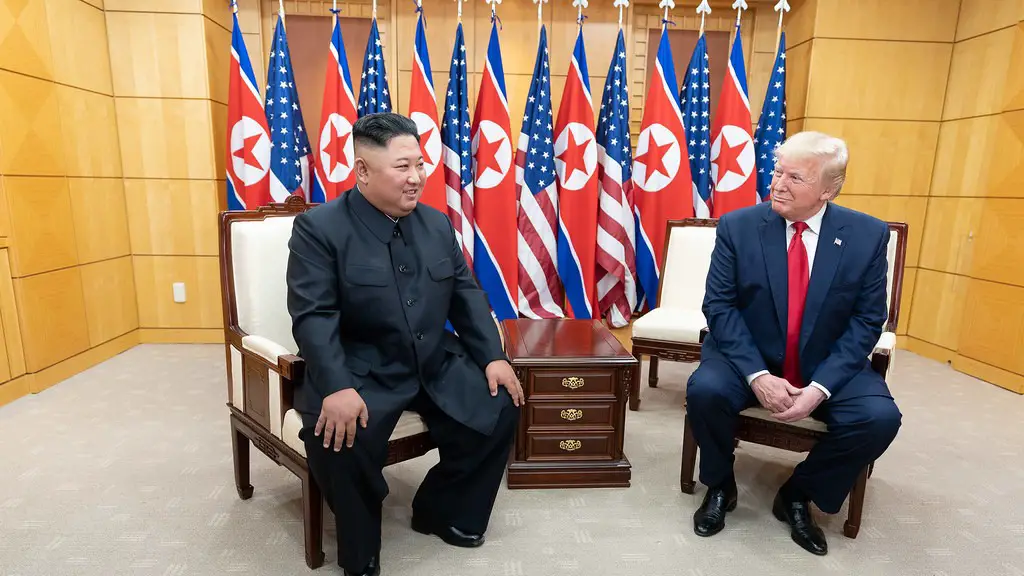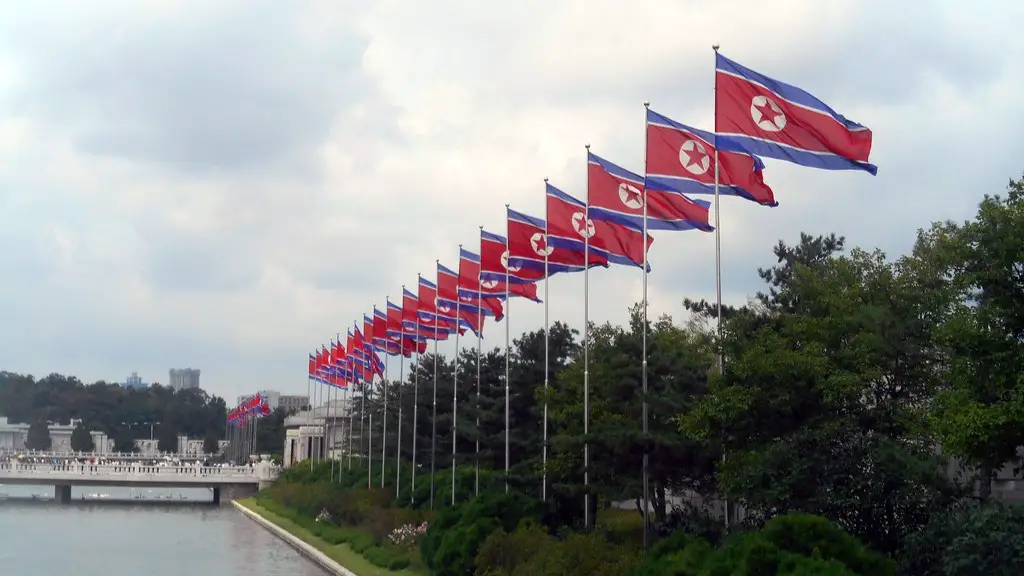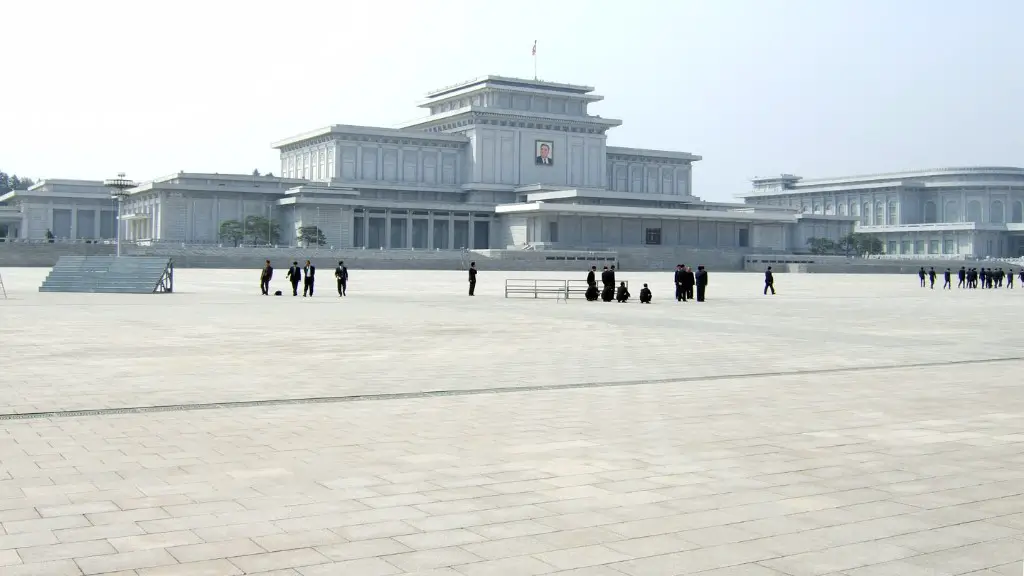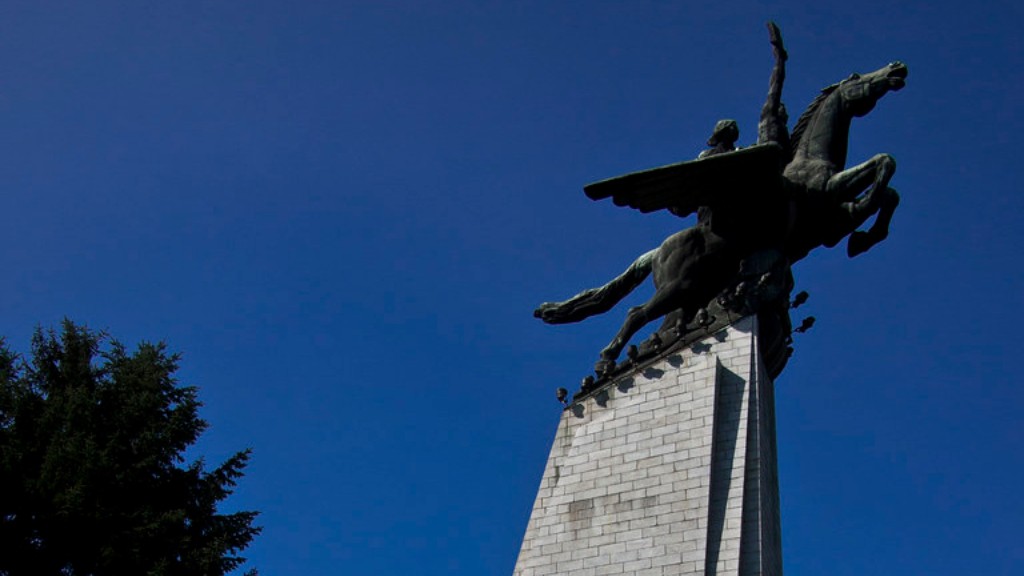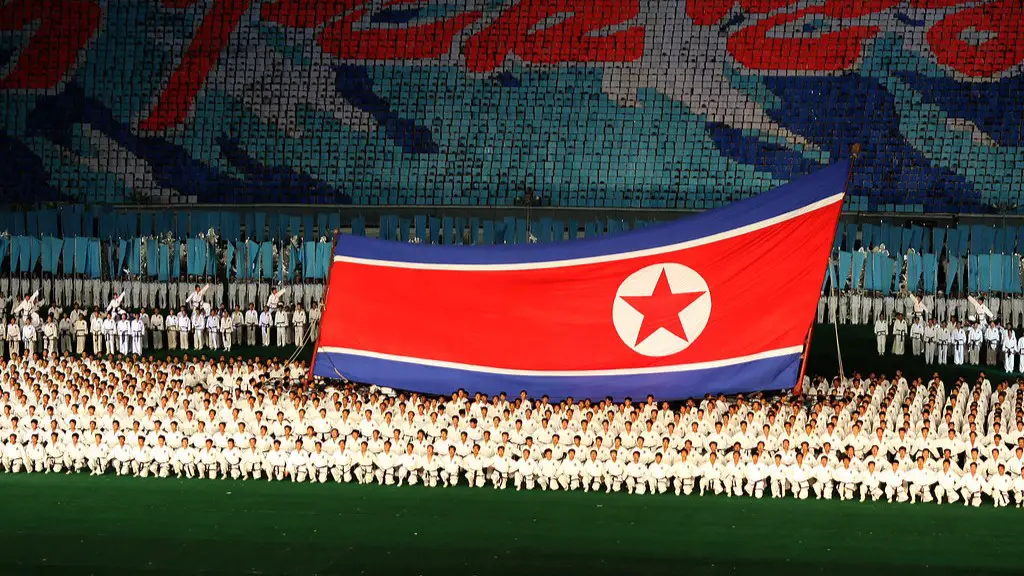Did North Korea Launch A Missile At The US? On the morning of August 10th 2020, North Korea was suspected to have launched two missiles into the East Sea or Japan’s Sea of Japan. This is the fourth missile launch by North Korea in a month, in defiance of international sanctions. US President Donald Trump has not specified the type of missile which was allegedly launched and whether it was on a trajectory to hit US soil.
While the US government has not released an official statement on the launch, the South Korean defence ministry has released the results of its investigation. According to Yonhap News, South Korean defence officials have determined that North Korea launched two short-range ballistic missiles. The missiles were fired from Kusong and travelled approximately 310 miles before falling into the Sea of Japan.
Experts are divided as to the political aims of the missile launch. Some believe that North Korean leader Kim Jong Un is sending a message to the United States – that North Korea is capable of launching missiles, and is not to be taken lightly. Others argue that the launch is a sign of defiance against international sanctions imposed on the country and a continuation of the regime’s provocative behaviour of recent years.
In response to the missile launch, the US Defence Secretary Mark Esper said the US would continue to use a “maximum pressure” campaign against North Korea and its leader Kim Jong Un. US Secretary of State Mike Pompeo has also condemned the launch. Although the US government is unlikely to take immediate action against North Korea, the missile launch has added fuel to the already tense diplomatic relationship between the two countries.
The international community has largely remained silent about North Korea’s latest missile launch. Some experts argue that the international community’s inaction is deliberate, as it has become accepted that North Korea’s missile launches are the regime’s way of testing the international community’s patience and commitment to sanctions.
For its part, North Korea has released no statement on the missile launch. This is unsurprising, as the North Korean regime has traditionally used provocation to gain publicity and leverage against the West. Unless there is an overt action from the US, it is unlikely that North Korea will provide further details on the launch.
Potential Economic Impact of Missile Launch
The missile launch could have broader economic implications in the region, as it will likely be seen as a further threat to peace and security. There is the risk of an escalating arms race in the region and the potential for further conflict. This could result in an increase in oil prices, which could impact the economies of neighbouring countries.
The missile launch could also have implications for the upcoming US-China trade negotiations, as it has been suggested that the launch was intended to bolster North Korea’s position in its ongoing negotiations with the US. If the missile launch has a detrimental effect on the US-China trade negotiations, this could have serious consequences on the global economy as a whole.
It is also likely that the US government will use the missile launch as an opportunity to impose further sanctions on North Korea. This could have a further detrimental impact on the North Korean economy, as previous sanctions have had a significant effect on the country’s exports and ability to attract foreign investment.
The international community must act swiftly to ensure that North Korea does not use its missile launch as a tool of coercion and that the missile launch does not destabilize the region further. The only way to do this is for the international community to impose a strong response to North Korea’s provocative actions.
International Reactions to the Missile Launch
The international community is divided on the issue of North Korea’s missile launch. The United Nations Security Council (UNSC) held an emergency meeting to discuss the situation, but failed to reach an agreement. China and Russia, two of North Korea’s main allies, have condemned the launch but have been unwilling to take direct action against the regime.
The United States, on the other hand, has been more vocal in its condemnation of the launch. US Secretary of State Mike Pompeo has threatened to impose further sanctions on North Korea if the regime continues its provocative behaviour.
Japan, which was the likely target of the missile, has condemned the launch as a “clear violation” of international law. Japanese Prime Minister Shinzo Abe has stressed the need for all countries to abide by international law and urged the international community to take strong action against North Korea.
South Korea has also released a statement condemning the launch and calling on North Korea to abide by international law. South Korean President Moon Jae-in has urged North Korea to refrain from further provocations and to work towards peace and stability in the region.
Possible Future Actions
It remains to be seen what further action the international community will take in response to North Korea’s missile launch. One possible outcome is that the UNSC will impose further sanctions on the regime. In such a scenario, it is likely that the US will play a key role in crafting and enforcing the sanctions.
Another possibility is that the international community will take a more diplomatic approach to resolving the conflict. This could involve further negotiations between the US, China and Russia to find a peaceful solution to the missile launch.
The US could also take a more unilateral approach, such as further economic sanctions against North Korea. However, this could have the unintended result of further destabilizing the region and the wider international community.
An alternative option would be for the US to launch a military strike against North Korean targets. Such a move would be highly provocative and could lead to a regional war, with devastating consequences for the region.
Alternatives to Military Action
In light of the potential risks of military action, there has been a growing call for alternative approaches to the situation. One such approach is the promotion of dialogue between North Korea and its regional neighbours. Such a dialogue could create a forum for mutual understanding and help to defuse tensions in the region.
The other option is for the US to focus on diplomatic and economic strategies to force North Korea to abandon its missile and nuclear programme. Such strategies could involve sanctions, negotiating arms control agreements and providing Pyongyang with economic incentives to give up its nuclear weapons.
In any case, the only way to a viable solution to the missile launch is for the international community to work together and to find a peaceful resolution to the conflict.
The Role of the US
The US will play a crucial role in responding to North Korea’s missile launch. The US must take a firm stance on the issue and make it clear that it will not tolerate any further provocations from North Korea. The US must also be willing to engage in dialogue with North Korea and its regional neighbours in order to find a peaceful solution to the conflict.
At the same time, the US must be careful not to play into North Korea’s hands. Any overly aggressive response to the missile launch could lead to further conflict and destabilize the region even further.
The US must also take into account the reactions of its regional allies, as any unilateral action taken by the US could have serious implications for the security of the region.
Conclusion
North Korea’s latest missile launch has raised serious concerns about the security of the region. It is therefore imperative that the international community responds swiftly and decisively to North Korea’s provocative behaviour. The US must take a leading role in finding a peaceful solution to the crisis and ensure that all parties involved abide by international law.
